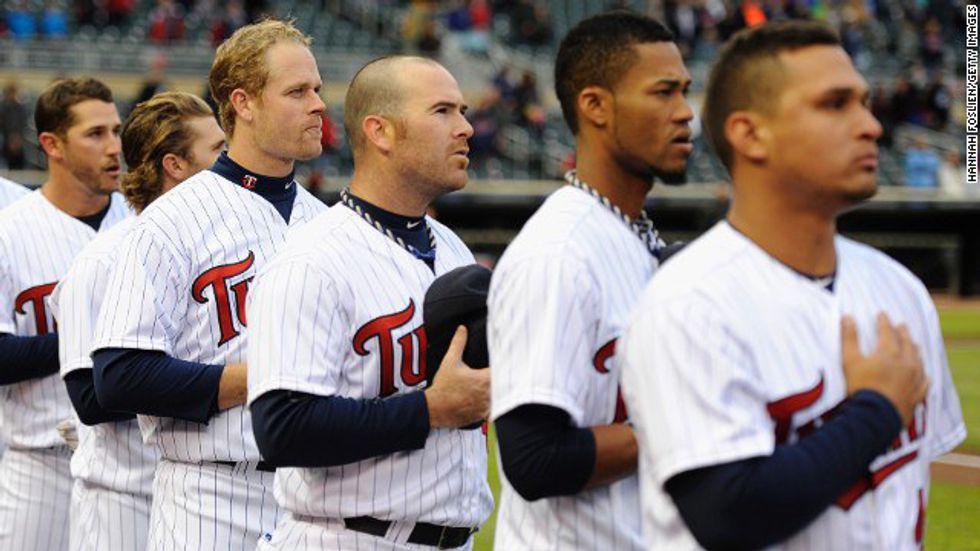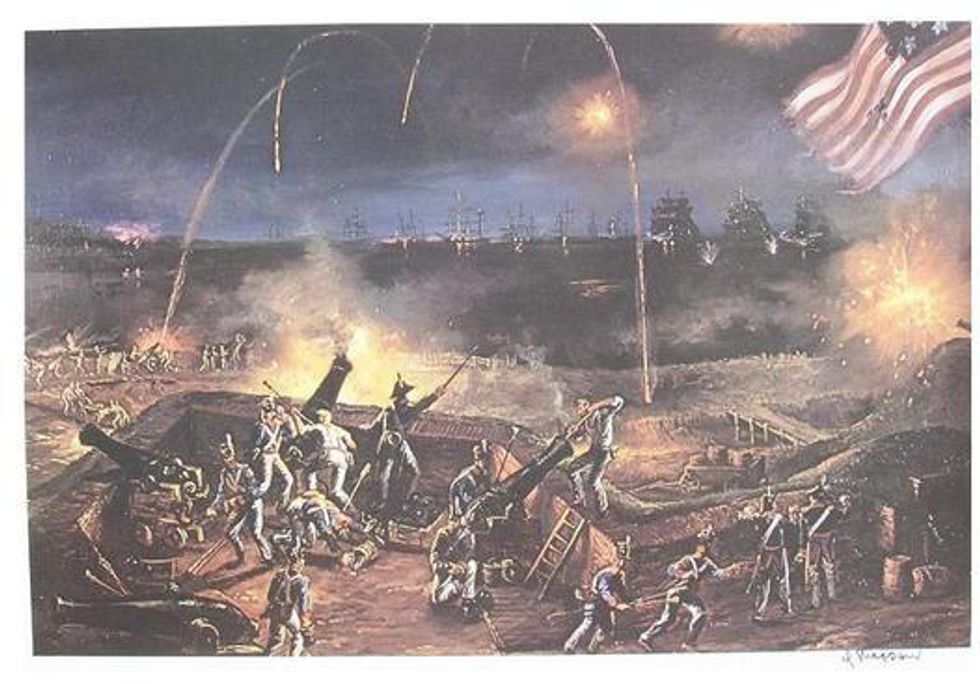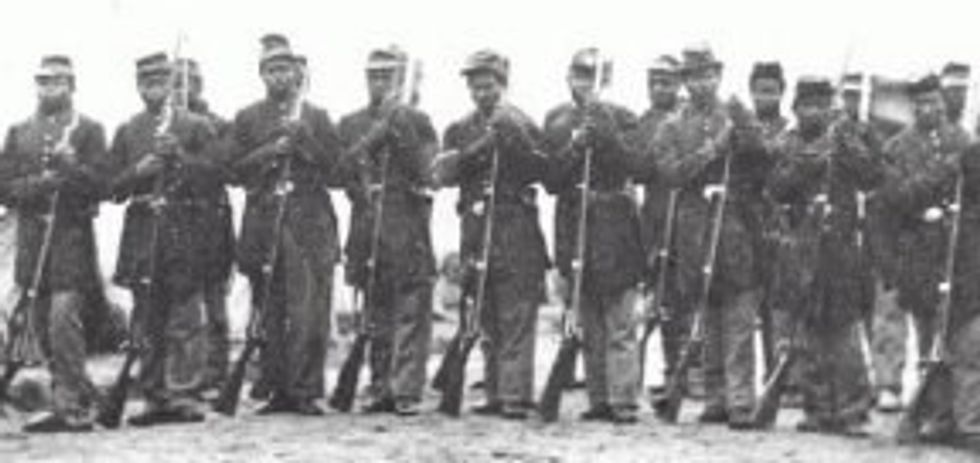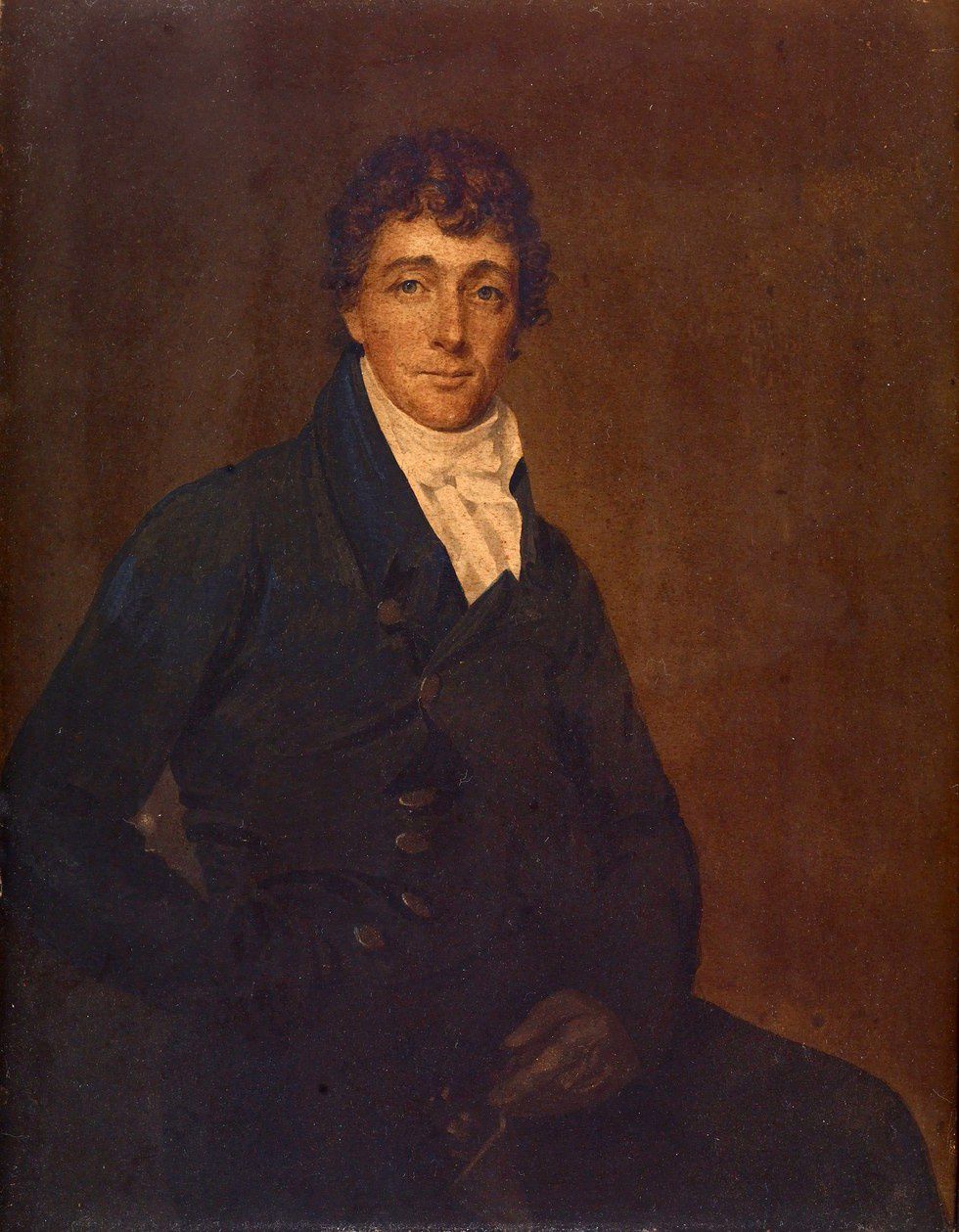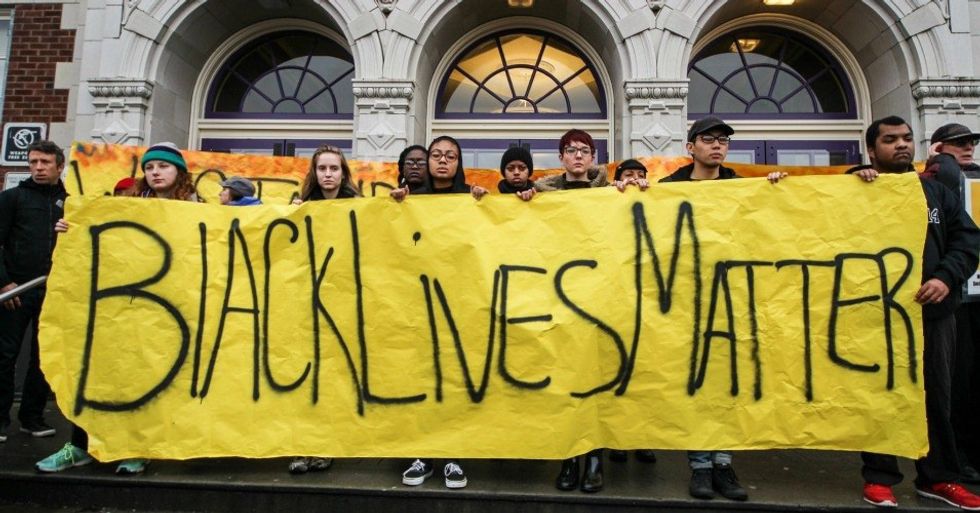I would bet that at least once in the lifetime of every American, they have risen from their seat, removed their hat, held their hand over their heart and sang along to our National Anthem. Since Hoover signed a congressional resolution to make “The Star-Spangled Banner” our national anthem on March 3, 1931, American’s sang along in patriotism, love and trust in our nation. However, today, roughly one hundred and thirty years after the song was recognized for official use by US Navy, this may be changing.
Just the other day, Colin Kaepernick, NFL quarterback for the San Francisco 49ers, refused to stand for our national anthem. Immediately, his ‘lack of patriotism’ took several social media platforms by storm as controversy began. He released a statement a few days later explaining the motivation behind his actions:
"I am not going to stand up to show pride in a flag for a country that oppresses black people and people of color. To me, this is bigger than football and it would be selfish on my part to look the other way. There are bodies in the street and people getting paid leave and getting away with murder."
While Kaepernick only mentioned current issues as part of his motivation, what many Americans, and possibly Kaeprnick himself, don’t know is that the oppression of people of color is directly written into the song we sing so proudly at most important events.
Before I continue with why our views toward our national anthem have changed, it is important to understand the history behind “The Star-Spangled Banner”. The actual lyrics to the song were taken from the poem “Defence of Fort M’Henry” written by Francis Scott Key in 1814. They are inspired by the bombardment of Fort M’Henry by the British Royal Navy during the War of 1812. The War of 1812, was a war of aggression that began when the United States attempted to take Canada from the British Empire. By the time of the Battle of Fort M’Henry (also known as the Battle of Fort McHenry) the British had overrun Washington D.C. and set fire to the white house.
The success of the British Empire came partly from their recruitment of American slaves. Families from far and wide left escaped the world of slavery and made their way to the British ships. The British accepted everyone, promised that they would never be returned to their “owners” and that after the war, they could settle in Canada. Therefore, when the Battle of Fort M’Henry began, Key penned what he witnessed: American slaves fighting against America.
Now I can get to why our views on the national anthem may be changing and rightfully so. While the lyrics have not changed since Key penned them on 1814, most Americans only know the first verse of the song. “The Star-Spangled Banner” actually has four verses, the first which we recite and then three others. The third verse is where controversy is most clearly seen:
And where is that band who so vauntingly swore,
That the havoc of war and the battle's confusion
A home and a Country should leave us no more?
Their blood has wash'd out their foul footstep's pollution.
No refuge could save the hireling and slave
From the terror of flight or the gloom of the grave,
And the star-spangled banner in triumph doth wave
O'er the land of the free and the home of the brave.
Essentially, Key is expressing his opinion over what should happen to these ‘traitor’ slaves. To begin, he refers to the African Americans as “foul…pollution”. While this is proof enough to deem Key a racist, this isn’t the only extraordinarily racist statement Key has ever made. In response to an abolitionist paper suggesting that “there is neither mercy nor justice for colored people in this district,” Key angrily accused the paper of “[injuring], [oppressing], [aggrieving] & [vilifying] the good name, fame, credit & reputation of the Magistrates & constables of Washington County.” Additionally, Key owned several slaves himself.
The third verse clearly shows his racism as he warns the slaves of their demise should they abandon the United States. He writes that he gleefully watches as the American slaves who had freed themselves die in battle. In his eyes, it is what they deserved. This is where the poem goes wrong. The following excerpt from The Intercept sums this up perfectly:
“The reality is that there were human beings fighting for freedom with incredible bravery during the War of 1812. However, ‘The Star-Spangled Banner’ glorifies America’s ‘triumph’ over them — and then turns that reality completely upside down, transforming their killers into the courageous freedom fighters.”
Key—in plain terms—was and should always be remembered as a racist. However, to this day, we continue to sing his poem and still give him unearned respect as the writer of our national anthem. Furthermore, I find it appalling that I did not know that the song I have proudly sang year after year is so deeply infused with racial sentiments. Truthfully, I did not even know that the National Anthem has more than one verse.
Having been educated in America for over 13 years, having taken several history courses both European and American and just simply having lived here my entire life, I feel that I—and all American children—have been done an injustice. I feel that we should have been taught our history the way it happened, not the way America wants it to be remembered. Our history has been whitewashed, people of color have been and continue to be oppressed and more importantly we continue to proudly sing a National Anthem riddled with racism.
This being said, Colin Kaepernick’s refusal to stand due to the racism in present day America and the racism in the 1800s that Key illuminates are linked through the “The Star-Spangled Banner”. While it is up to the individual to decide whether they believe these events of racism are connected, I believe they are entirely related. Racism is not something of the past and the injustices being committed today are not new.
In my opinion, it is time for a new national anthem, one that celebrates our human rights and equality of all. How can we expect anything to change if a fundamental part of our American experience is still rooted in racism?
Where do you stand?




